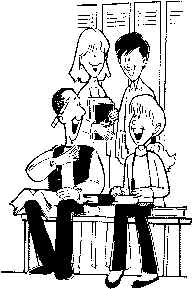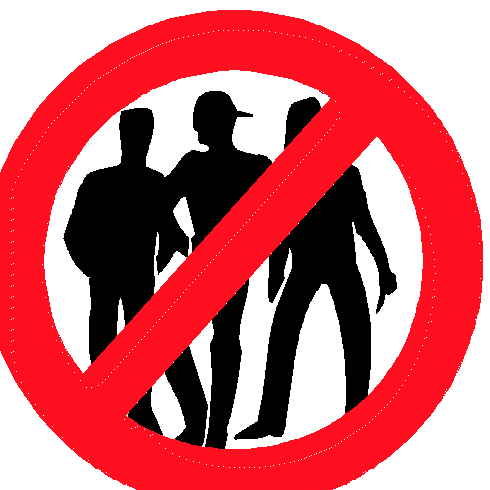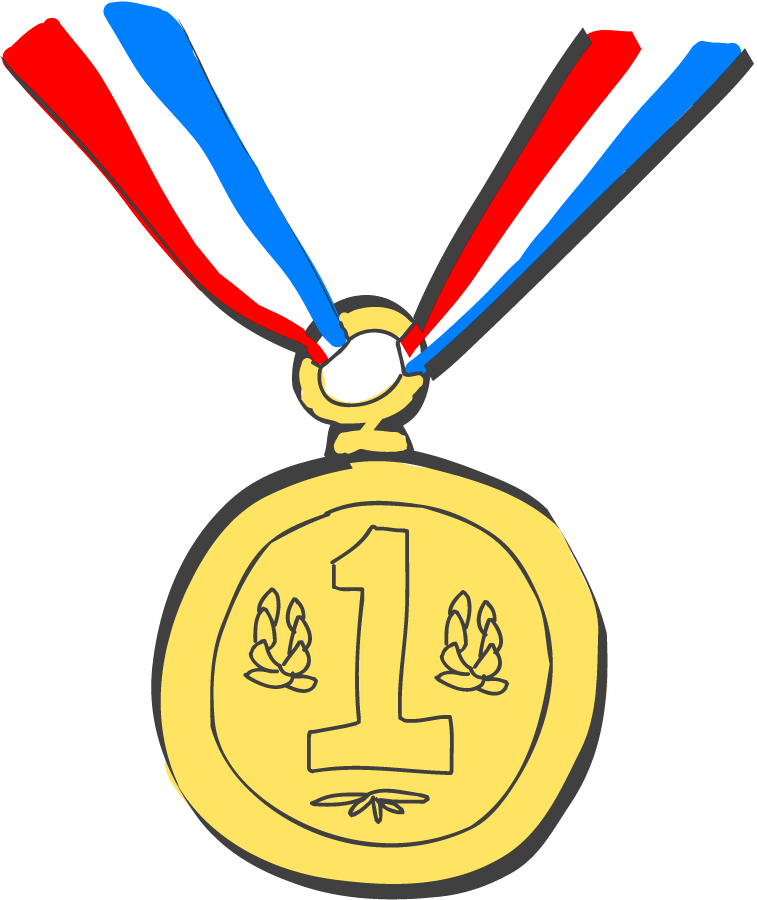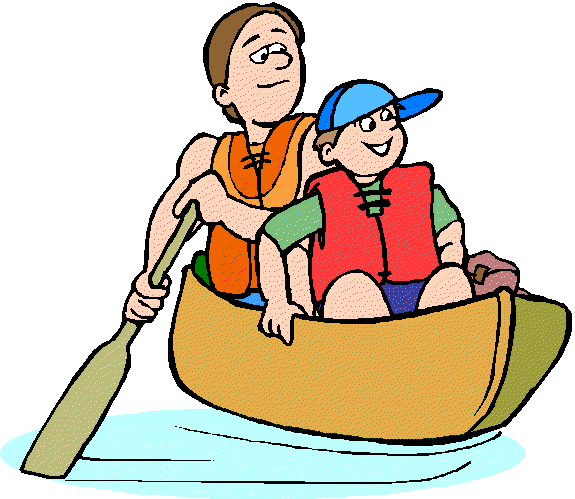PEER INFLUENCE
Children and adults alike are influenced by their peers, but children who are still in the process of developing a value system are more vulnerable to negative influences. Parents should take a proactive position in discussions about friendships during early childhood to lay the foundation for children making good choices later. You can help your children make good decisions about friendships by teaching them early about what being a good friend means, th us giving them some criteria for selection of friends. For example, for a young child you could talk about kindness, honesty, sharing, and having fun together. Of course, your children also need to understand that friends can make mistakes; therefore, if their friends sometimes have a bad day or are mean, apologies and forgiveness may be in order. us giving them some criteria for selection of friends. For example, for a young child you could talk about kindness, honesty, sharing, and having fun together. Of course, your children also need to understand that friends can make mistakes; therefore, if their friends sometimes have a bad day or are mean, apologies and forgiveness may be in order.
Parents should not be hesitant about setting limits for their children if they find them selecting misbehaving or negative friends. If you observe that a friend is a bad influence on your children, it’s best to require that your children discontinue play with them temporarily. It’s also important to explain to your children that people change, and when their friends’ behaviors improve, they may play together again. You will want to specifically emphasize that your children should be strong enough not to go along with peers who are following negative paths. They may need to say to their friends, "My mom (or dad) says I can’t play with kids who use bad language."
"The middle and high school years
can be quite lonely for some teens."
The middle and high school years can be quite lonely for some teens. It’s important for adolescents not to feel pressured by parents about making friends, or they may choose negative peers out of desperation and loneliness. Lonely young people need family encouragement for development of positive interests that will ultimately lead them to positive peer groups and social confidence. Even during the teen years, kids need to continue to be involved in family activities. If teens are lonely, you may wish to invite a friend to join the family activities. On the other hand, if your teens are too social, preserve family time for family bonding, and insist that friends do not join the family for these special occasions.
IF YOUR TEENS ARE IN
NEGATIVE PEER GROUPS
Peers who smoke, drink alcohol, use drugs, and oppose school and parents will put pressure on your children to do the same. Peers who are excellent students, involved in extracurricular activities, and busy building skills and interests are likely to have a positive effect on your children. Sometimes parents and teachers may be fooled by teens’ school behavior. That is, occasionally even positive kids lead a very different and unhealthy social life outside of school.
If your child is already in a negative peer group, here are some suggested potential solutions for separating them from their negative friends. Unfortunately, all of these are more effective with children in middle school than in high school, and none are guaranteed to be effective. All are worth considering.
Parent Pointers
- Teach values about friendship.
- Develop criteria for decision making early.
- Set limits for children's friends.
- Encourage independence.
- Don't pressure children to have friends.
- Foster positive interests.
- Provide family support and activities.
|
SUBSTITUTING A POSITIVE RELATIONSHIP
The most positive technique for removing an adolescent from a negative peer group is getting her involved in a positive peer experience, such as a fun enrichment program, a religious club or scout group, a special interest group, a sport, drama, art, music, or creative writing activity, a summer program or camp, or a youth travel experience.
PROHIBITING A FRIENDSHIP
 Also somewhat effective at middle school, and possibly at early high school but not likely beyond that, is a clear message to your child that you wish he not befriend particular individuals or groups of kids.You’All need to justify the prohibition by explaining that you find their behavior unacceptable, and you’All only permit them to be friends outside of school if you see positive changes in the other teen. If you and the child’s other parent agree on that philosophy, your child is more likely to accept it. If you as parents don’t agree, don’t waste your time prohibiting the friendship. Your child will ignore the message he does’t like if he receives an equally powerful message that he prefers from his other parent. If either of you believe that your child should have the right to choose any friends he wishes, he will, regardless of one parent insisting he not be allowed to. Also somewhat effective at middle school, and possibly at early high school but not likely beyond that, is a clear message to your child that you wish he not befriend particular individuals or groups of kids.You’All need to justify the prohibition by explaining that you find their behavior unacceptable, and you’All only permit them to be friends outside of school if you see positive changes in the other teen. If you and the child’s other parent agree on that philosophy, your child is more likely to accept it. If you as parents don’t agree, don’t waste your time prohibiting the friendship. Your child will ignore the message he does’t like if he receives an equally powerful message that he prefers from his other parent. If either of you believe that your child should have the right to choose any friends he wishes, he will, regardless of one parent insisting he not be allowed to.
ENTERING CONTESTS
 Encourage your child to enter a contest or activity in which she has a chance of winning or earning an important part. Don’t hesitate to talk to a coach or teacher privately about your efforts to reverse your child’s negativism. Winning kids are often excluded from peer groups that are negative about school. Winning a speech, art, or music contest provides peer status to students and causes them to appear more interesting to positive students. Sometimes a victory is sufficient to separate a teen from a negative peer group. Encourage your child to enter a contest or activity in which she has a chance of winning or earning an important part. Don’t hesitate to talk to a coach or teacher privately about your efforts to reverse your child’s negativism. Winning kids are often excluded from peer groups that are negative about school. Winning a speech, art, or music contest provides peer status to students and causes them to appear more interesting to positive students. Sometimes a victory is sufficient to separate a teen from a negative peer group.
AN EXCITING FAMILY TRIP
 A family trip may distract your wayward child from negativity. Time away from peers in an entirely new environment can channel your child’s independence. One-to-one trips may be important in reducing tension temporarily and enhancing family closeness. One parent and one teen on a trip may be better than the total family because the teen is more likely to relax without sibling rivalry issues. A family trip may distract your wayward child from negativity. Time away from peers in an entirely new environment can channel your child’s independence. One-to-one trips may be important in reducing tension temporarily and enhancing family closeness. One parent and one teen on a trip may be better than the total family because the teen is more likely to relax without sibling rivalry issues.
VOLUNTEER ACTIVITIES
Participating with family, religious, or community groups in efforts to help others who are in need builds confidence in teens. When they’re feeling good about their contributions, they’re less likely to join in with negative teens.
CHANGING SCHOOLS
This is a last consideration. This works most effectively in the beginning of a negative peer group relationship before your child is overly engaged with a group. It also works best if the negative group does not live in the surrounding neighborhood and if your child and her friends don’t drive yet. It has been extremely powerful for some students who have been clients at Family Achievement Clinic, but it should be used sparingly. New schools also have negative peer groups that may attract your child.
If you introduce any of these potential separators to your children, don’t expect them to like them. Your teens may fight you if they are pressured to participate. They should’t even be suggested as choices, or they surely will not select them. You can, however, permit or even encourage them to make choices among activities. For example, they may choose the summer creative writing or music program that seems most interesting. These are the choices they can make effectively. These choices will encourage their independence and may lessen their resistance.
©2000
by Sylvia B. Rimm. All rights reserved. This publication, or
parts thereof, may not be reproduced in any form without written
permission of the author.
|